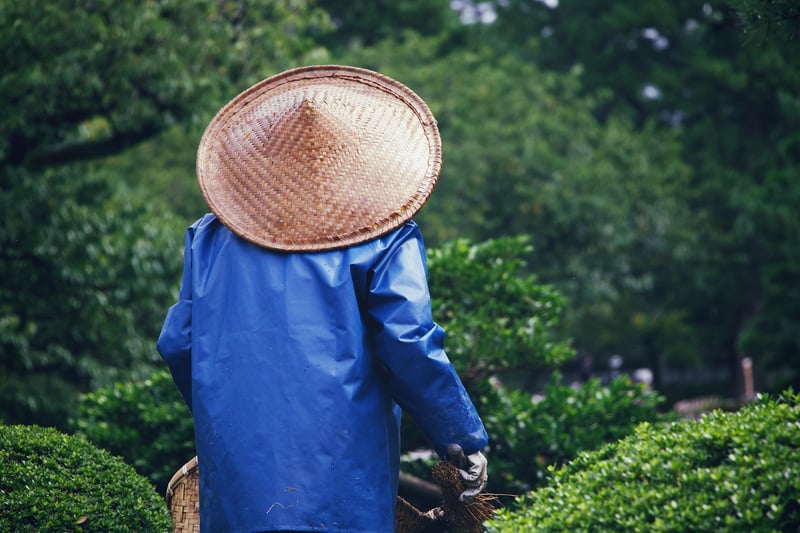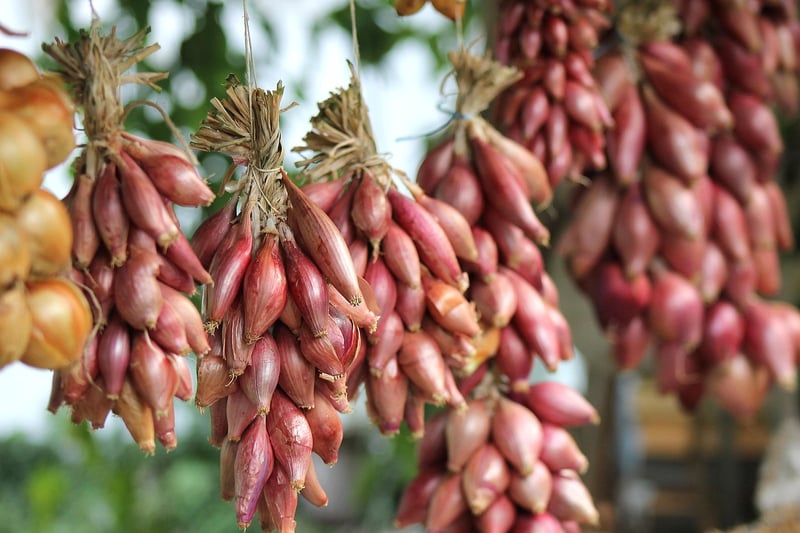Fall Planting Guide
Seasonal Gardening Guide: Tips for Every Season
Spring
In spring, it's important to prepare your garden for the growing season. Start by cleaning up any debris from winter, pruning shrubs, and applying a layer of compost to enrich the soil. This is also a great time to sow seeds for summer flowers and vegetables.

Summer
During the summer months, make sure to water your plants regularly, especially during hot weather. Mulch around plants to retain moisture and reduce weeds. Deadhead flowers to encourage continuous blooming, and keep an eye out for pests.

Fall
As fall approaches, start transitioning your garden for the cooler weather. Plant fall-blooming flowers like mums and asters, and consider adding cold-tolerant vegetables such as kale and carrots to your garden. It's also a good time to divide perennials and plant spring-flowering bulbs.

Winter
While there may be less to do in the garden during winter, it's a good time to plan for the next growing season. Take stock of your garden's performance, start seeds indoors for early spring planting, and consider any changes or improvements you'd like to make for the coming year.

Fall Planting Guide
When it comes to fall planting, there are several tasks you can tackle to ensure a successful garden next year:
1. Plant Bulbs
Plant spring-flowering bulbs like tulips, daffodils, and crocuses in the fall for a burst of color in the early spring.
2. Divide Perennials
Divide overgrown perennials like hostas, daylilies, and irises to rejuvenate the plants and promote healthy growth.
3. Add Trees and Shrubs
Fall is an excellent time to plant trees and shrubs as the cooler temperatures allow for easier establishment of roots before winter.
4. Sow Cover Crops
Sow cover crops like clover or winter rye to protect and enrich the soil during the winter months.
By following these tips for each season and utilizing the fall planting guide, you can maintain a beautiful and productive garden year-round!
